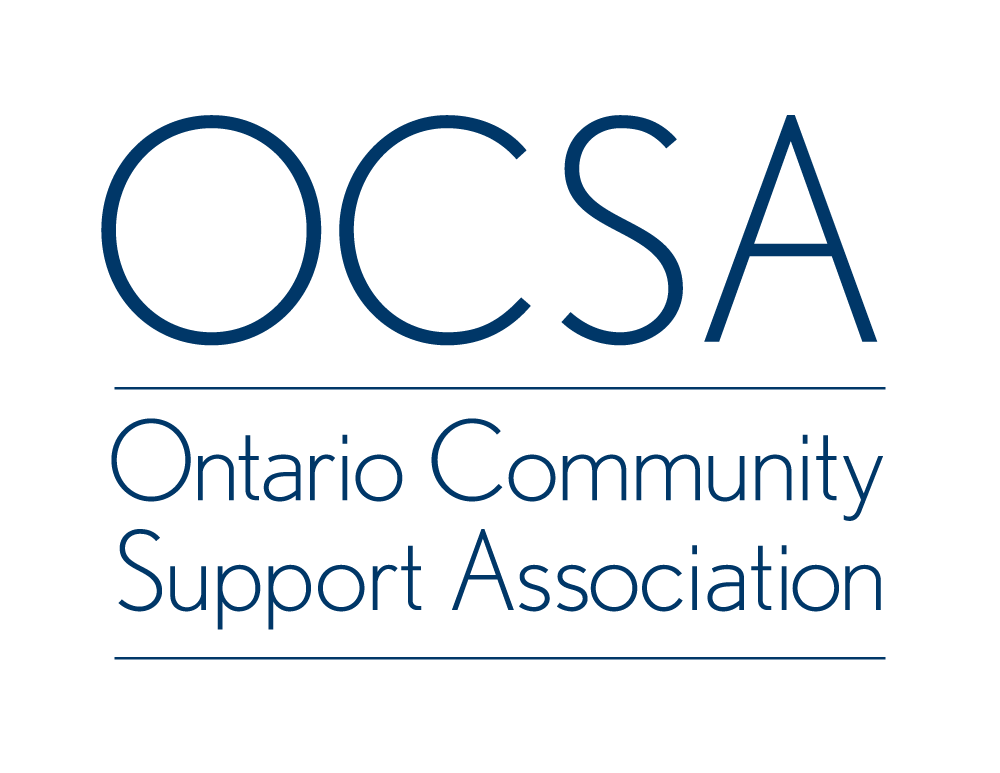Open Letter to Minister Duclos and Minister Jones

Regarding the Canada-Ontario Home and Community Care and Mental Health and Addictions Services Funding Agreement
Minister Duclos and Minister Jones,
Canadians want to receive care at home and in their communities. 97% of Ontarians believe it is important to improve access to home and community care. They also want governments to enable them to make this choice by making investments in home and community care a priority. The Canada-Ontario Home and Community Care and Mental Health and Addictions Services Funding Agreement signed in 2017 reflects these priorities.
As you embark on negotiating the framework for the allocation of $1.2 billion annual funding until 2026-27, we’d like to take the opportunity to urge you to add health human resources as a key priority to the agreement.
The first five years of the agreement identified expanding access to home care, including palliative and end-of-life care, caregiver supports and information technology as priority areas for investments. It also led to the development of national indicators. These national indicators have been key in tracking the impact these investments have had on our health system.
Over the next five years, we will only be successful in keeping vulnerable people living at home if we shore up our sector’s health human resources. Across Canada there are a considerable number of people having their hospital stays unnecessarily extended and others admitted to long-term care earlier than necessary due to the lack of staff within the home and community care sector. This places additional burden on a struggling long-term care sector – and costs far more money than care in a home or community setting.
In Ontario at the end of January 2022, there were 567 people still in hospital waiting to be discharged home with home care service. This lack of capacity in the home and community care sector cost the province an additional $355,509 a day.
Further, a report by the Canadian Institute for Health Information confirms that 1 in 9 newly admitted residents to long-term care in Canada could have been kept at home with the right supports in place. That means over 8,000 Ontarians could have stayed home and received the necessary supports in their communities.
Home and Community Care organizations are unable to continue or expand on current service levels without the ability to recruit and retain health human resources. Home and community care staff are leaving the sector in droves, many to other sectors where there are incentivized opportunities to take up similar roles. In September 2022, across the three key home and community care frontline positions (PSWs, RN, RPNs), 12.8% of positions were vacant in Ontario. This is almost double the rate of 6.8% in January 2021.
The reason so many positions are vacant is that staff in the home and community care sector are the lowest paid in the health system. PSWs in Ontario in home and community care are making on average approximately 21% less than PSWs in hospitals and 17% less than PSWs in long term care. The median salary wage gap for RNs working in home care versus hospitals is $11.00 an hour.
We urge you to include health human resources as a key priority in the Canada-Ontario Home and Community Care and Mental Health and Addictions Services Funding Agreement. It is only by implementing a comprehensive health human resource plan that tackles wage disparity, recruitment, and retention that we will be able to provide care for people where they need it most.
Thank you,
Deborah Simon
CEO
Ontario Community Support Association
Share
More Updates



